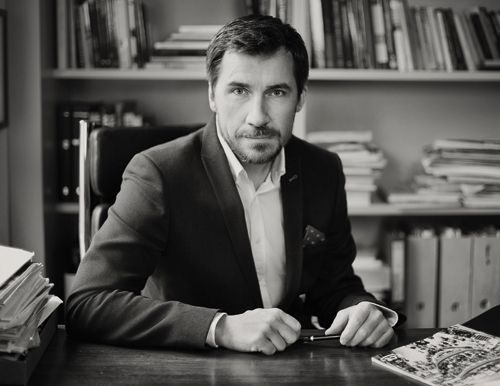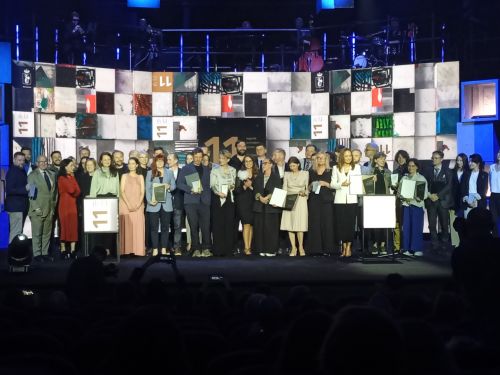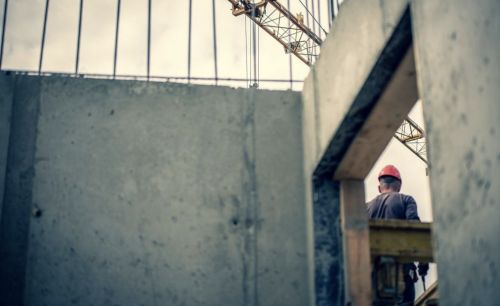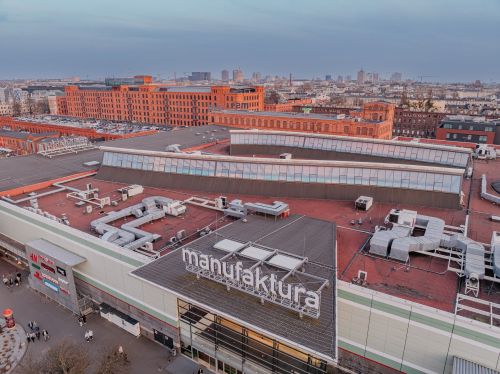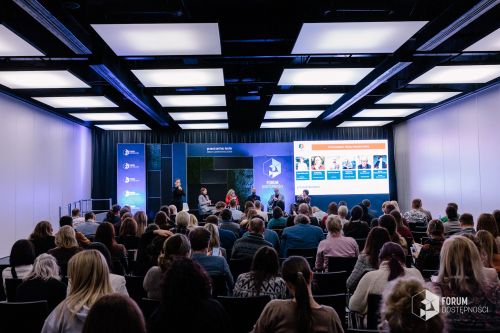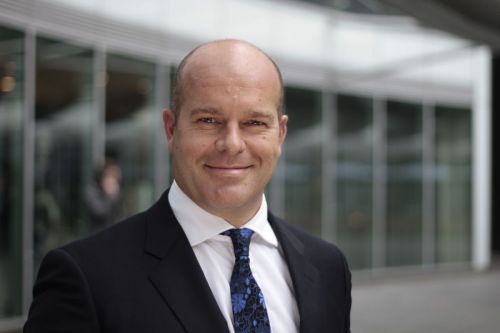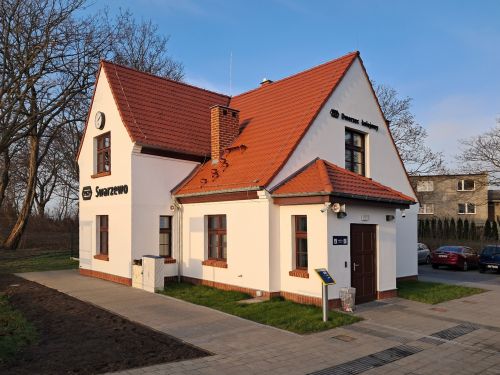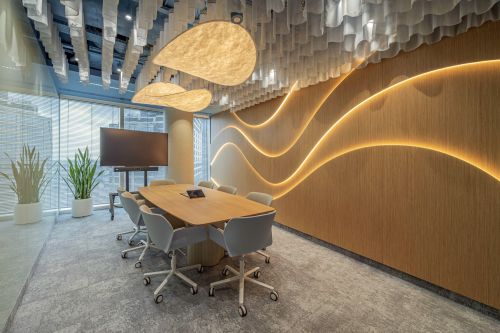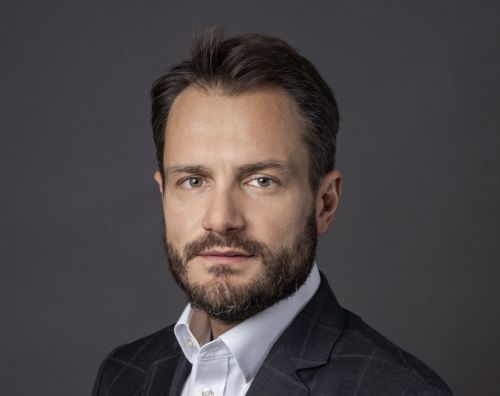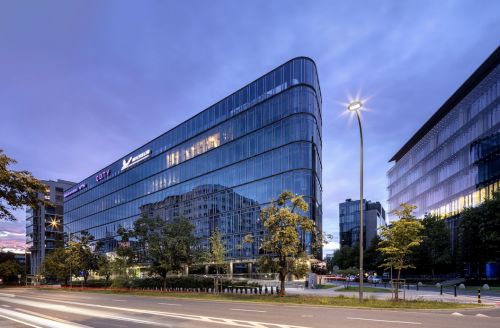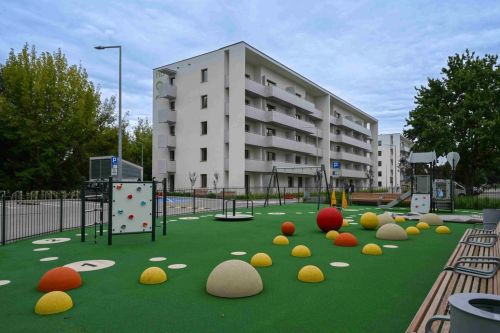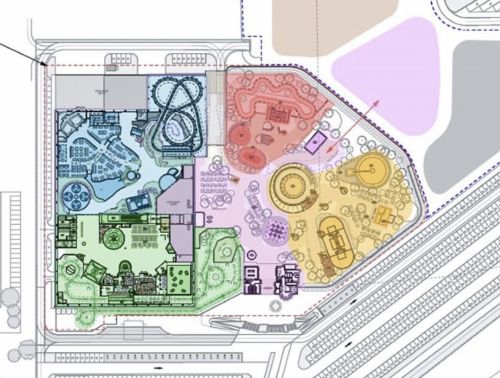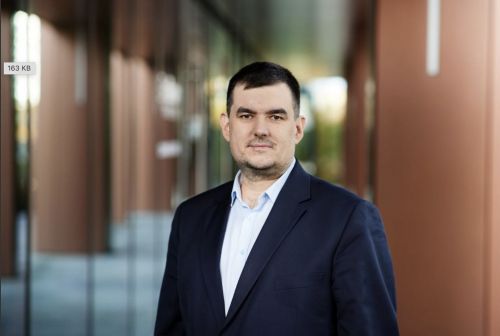Aneta Cichla, ‘Eurobuild CEE’: When we last spoke a year ago, you mentioned that the company intends to expand its portfolio by purchasing shopping centres. What has changed since then?
Leszek Sikora, managing director, ECE Projektmanagement Polska: We are constantly working on expanding our management portfolio or for acquisitions by the ECE European Prime Shopping Centre Funds and. In both cases, this is currently not so easy. There is a good overall economic situation and retail properties are expensive. Furthermore, we have fairly clear expectations when it comes to aspects such as the market position or the terms of lease agreements. We pay attention to such issues as the common costs and optimising centres in this respect. We take a critical look at the consequences of the structure of lease agreements and, eventually, the financial results. It can turn out that even the established centres that we would like to buy are not suitable due to their internal structure. I
